Imagine white sandy beaches, crystal-clear waters, and endless sunshine. This is Zanzibar during its dry season, a tropical paradise at its best. If you’re planning a visit to Zanzibar, understanding the dry season can help you make the most of your trip. This guide will walk you through everything you need to know about Zanzibar’s dry season, from weather conditions to the best activities and travel tips.
Understanding Zanzibar’s Dry Season
- What is the Dry Season?
Zanzibar experiences two main dry seasons. The first is from June to October, and the second, the shorter dry season, is from December to February. During these periods, the weather is predominantly sunny, with low humidity and minimal rainfall, creating ideal conditions for outdoor activities and beach relaxation.
Weather During the Dry Season
- June to October: Long Dry Season
- Weather Overview: The long dry season from June to October offers some of the best weather conditions in Zanzibar. Temperatures are warm, ranging from 25°C to 29°C (77°F to 84°F), with clear skies and gentle sea breezes. The low humidity makes the heat more bearable, and the sea conditions are perfect for water activities.
- Tourist Impact: This period is the peak tourist season, attracting visitors from around the world. The pleasant weather conditions make it a popular time for vacations, leading to bustling beaches and vibrant nightlife. Early booking for accommodations and tours is recommended to secure the best options.
- December to February: Short Dry Season
- Weather Overview: The short dry season from December to February is equally inviting. Temperatures are slightly higher, averaging around 28°C to 32°C (82°F to 90°F). This period is also marked by sunny days and warm waters, making it an excellent time for beach holidays and water sports.
- Tourist Impact: December to February is another peak season, especially around the Christmas and New Year holidays. Expect busy tourist spots and a lively atmosphere as people flock to Zanzibar to escape the winter chills of the northern hemisphere.
Top Activities During the Dry Season
- Beach Relaxation and Watersports
- Best Beaches: Zanzibar boasts some of the most stunning beaches in the world. Nungwi and Kendwa beaches on the northern tip are famous for their powdery white sand and turquoise waters. Paje and Jambiani on the southeast coast offer excellent conditions for kitesurfing and windsurfing.
- Snorkeling and Diving: The clear waters during the dry season provide excellent visibility for snorkeling and diving. The Mnemba Atoll, a marine conservation area, is a top spot for exploring vibrant coral reefs and diverse marine life. Dive operators offer trips for all levels, from beginners to advanced divers.
- Cultural and Historical Exploration
- Stone Town: Stone Town, a UNESCO World Heritage site, is rich in history and culture. Wander through the narrow streets, and visit the House of Wonders, the Old Fort, and the Sultan’s Palace. Don’t miss the bustling Darajani Market for a taste of local life and cuisine.
- Spice Tours: Zanzibar is known as the “Spice Island.” A spice tour is a must-do activity, taking you through lush plantations where you can see, smell, and taste a variety of spices such as cloves, nutmeg, and cinnamon. These tours offer insights into the island’s agricultural heritage.
- Wildlife and Nature
- Jozani Forest: Jozani Chwaka Bay National Park is home to the rare red colobus monkeys. A guided tour through the forest will introduce you to these primates and other wildlife, along with the unique flora of the island’s only national park.
- Dolphin Tours: Kizimkazi village in the south is famous for its dolphin tours. Early morning boat trips give you a chance to spot and swim with bottlenose and humpback dolphins in their natural habitat.
Festivals and Events
- Zanzibar International Film Festival (ZIFF): Held annually in July, ZIFF is East Africa’s largest film, music, and arts festival. It showcases a diverse range of films from Africa and beyond, along with musical performances, workshops, and cultural events.
- Sauti za Busara: Taking place in February, this vibrant music festival celebrates African music and culture. It attracts artists from across the continent and provides a lively, energetic atmosphere in Stone Town.
Travel Tips for the Dry Season
- Booking in Advance: The dry season is the peak tourist period, so it’s essential to book your accommodations, tours, and flights well in advance. This ensures you get the best rates and availability.
- Packing Essentials: Pack lightweight, breathable clothing, swimwear, and a wide-brimmed hat for sun protection. Sunscreen, sunglasses, and a reusable water bottle are also must-haves. Evenings can be cooler, so bring a light jacket or shawl.
- Health Precautions: Ensure you have travel insurance that covers medical emergencies. Stay hydrated, use mosquito repellent, and consider vaccinations for hepatitis A, typhoid, and yellow fever. Drink bottled water and eat at reputable places to avoid any health issues.
- Respect Local Customs: Zanzibar is predominantly Muslim, so it’s important to dress modestly when away from the beach and be respectful of local customs, especially during the holy month of Ramadan. Always ask for permission before taking photos of people.
The dry season in Zanzibar is a magical time, offering perfect weather, clear waters, and a plethora of activities. Whether you’re looking to relax on pristine beaches, dive into vibrant coral reefs, explore rich cultural heritage, or enjoy local festivals, Zanzibar has something for everyone. Planning your trip during the dry season ensures you’ll experience the best that this tropical paradise has to offer.
FAQs
When is the best time to visit Zanzibar?
The best time to visit Zanzibar is during the dry seasons, from June to October and December to February, when the weather is sunny and perfect for outdoor activities.
What are the main attractions in Zanzibar during the dry season?
Key attractions include the beautiful beaches of Nungwi and Kendwa, the historic Stone Town, spice tours, Jozani Forest, and dolphin tours in Kizimkazi.
How should I prepare for a trip to Zanzibar during the dry season?
Book your accommodations and tours in advance, pack lightweight clothing, swimwear, sunscreen, and a hat, and ensure you have travel insurance and necessary vaccinations.
Are there any special events during the dry season in Zanzibar?
Yes, notable events include the Zanzibar International Film Festival (ZIFF) in July and the Sauti za Busara music festival in February.
What is the weather like in Zanzibar during the dry season?
The weather is warm and sunny, with temperatures ranging from 25°C to 32°C (77°F to 90°F), low humidity, and minimal rainfall, making it ideal for beach activities and outdoor exploration.
For comprehensive information on Tanzania safaris and its top national parks, explore the following topics on our page:
– Tanzania Safari
– Ngorongoro Crater
– Kilimanjaro National Park
– Mikumi National Park
– Tarangire National Park
Discover detailed insights and tips to plan your adventure and make the most of your visit to these stunning locations.

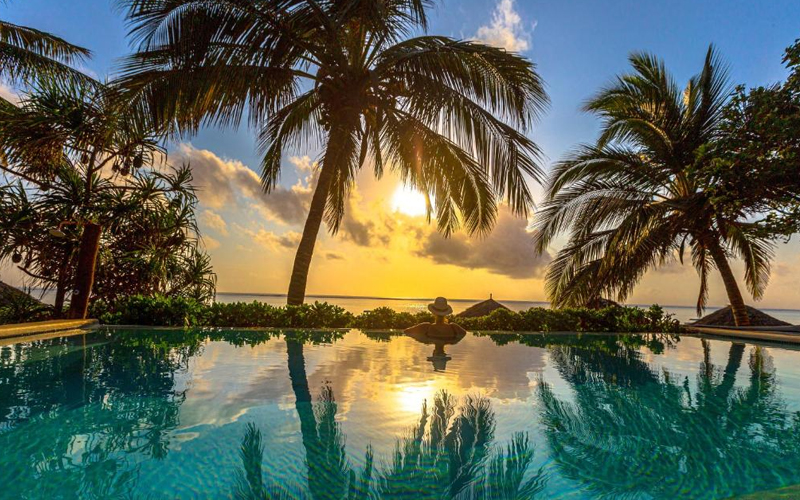
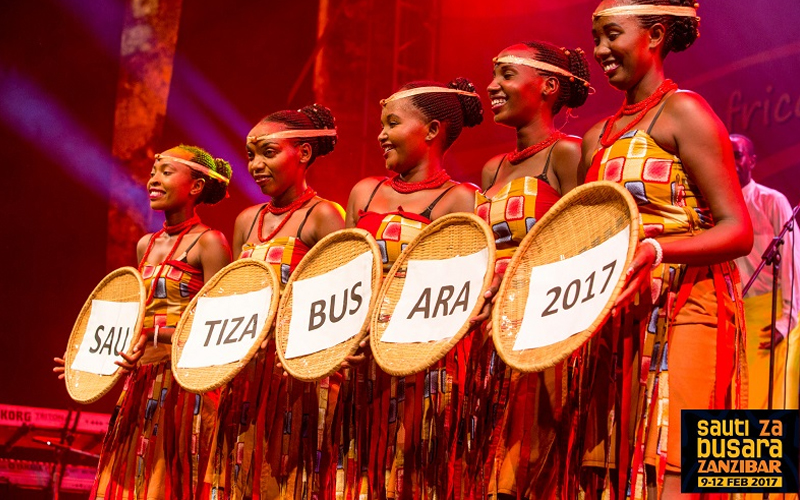
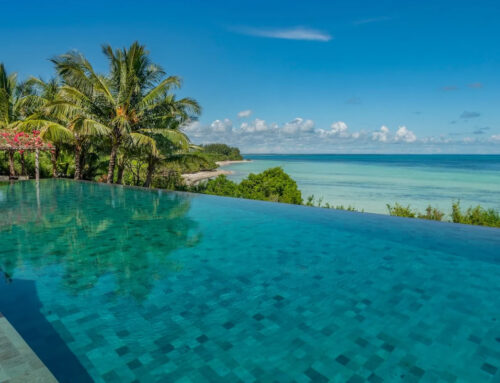
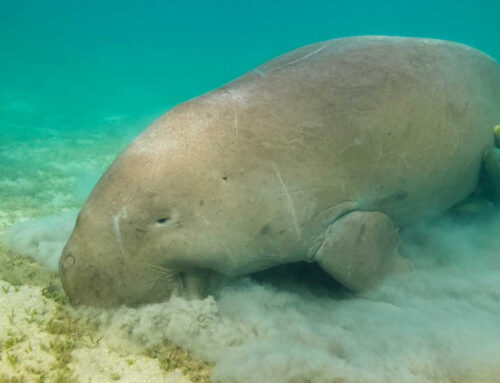
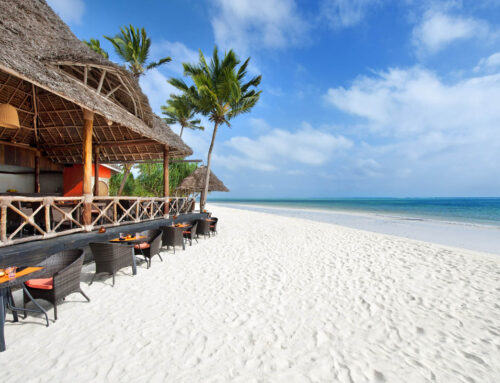

Leave A Comment